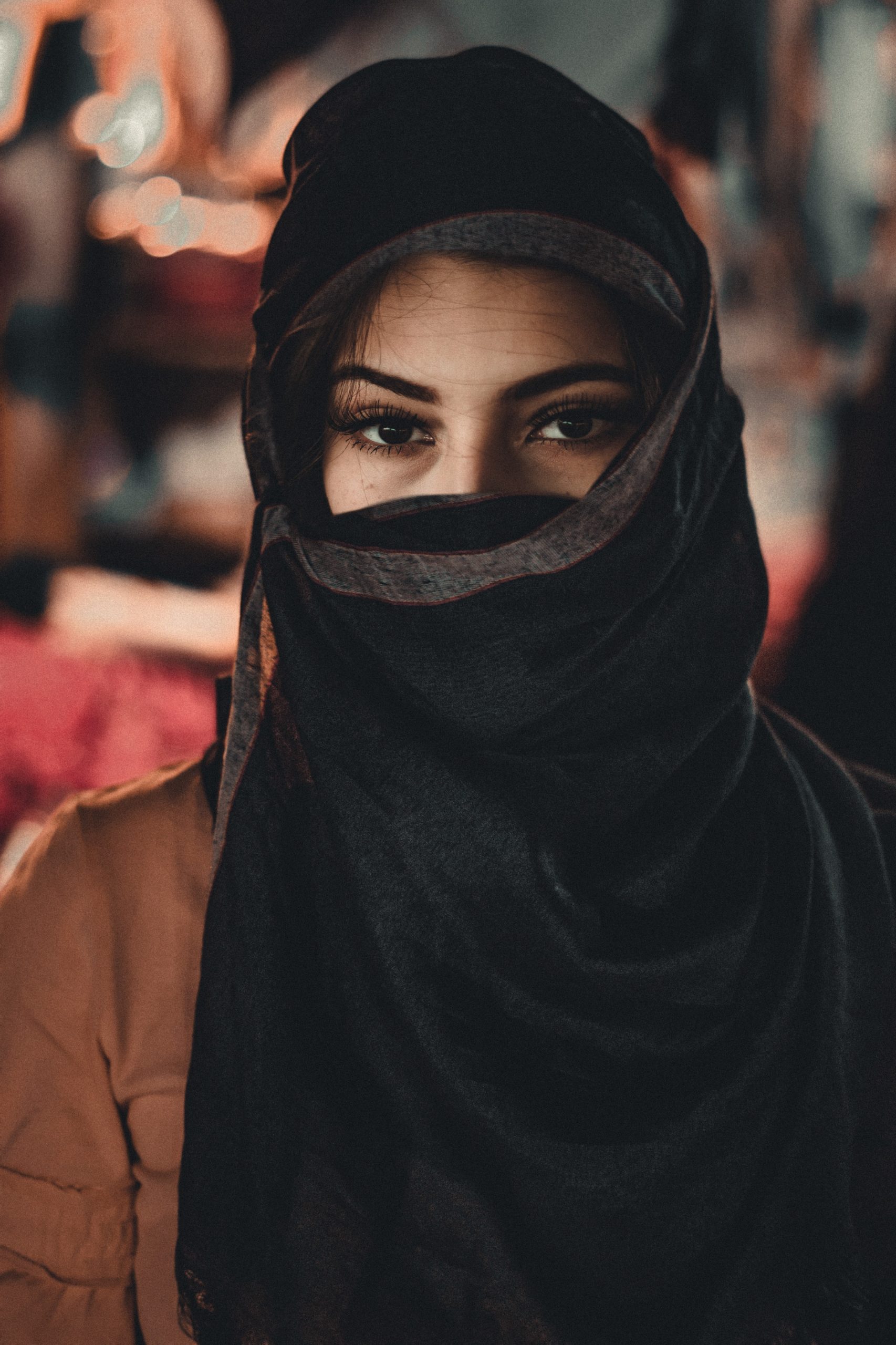“The Tone-Up” amplifies the voices of Muslim women who have something exclusive about Muslim women to talk or rant about. In this instalment, Aisha Mustapha explains why she no longer argues with non-Muslims who assert that Islam is oppressive to women.
Non-Muslims do not study Islam. They study Muslims. To refute their proclamation (which is usually informed by their observations) by referring them to what we call “true Islam” is an admission that the reality of Muslim women does not reflect Islamic principles or the theoretical rights often referred to.
Another mantra that is often chanted in defence is: “Islam gave rights to women 1400 years before the western world’’. But those that supposedly received rights 14 centuries after, now surpass the former in socio-economic status. What greater admission of rot could there be? There exists a faint line between total deficiency and non-functionality; especially when rights are the subject.
I watched a video of a somewhat controversial scholar commenting on the state of things in the Muslim community. One aspect of his speech that stood out to me was his take on non-Muslims who write vitriolic articles on Islam and Muslims. He believes that their sources are books, laws, and even words of Muslims and Islamic scholars and he called for introspection.
While it is quite unfortunate that the tenets of our many misogynistic cultures are upheld in the treatment of Muslim women, what is much more devastating is that these acts are perpetrated in the name of Islam. In fact, those aspects of the deen which are exclusively addressed to women are much more pronounced, circulated, and taught than the aspects which call men to order. Hence, Islam is seen as anti-women.
Machiavelli asserts in his book, ‘the prince’, making inferences from many historical examples, that most people who accept to follow a change-bearer have been found in abject poverty, severe oppression and affliction, prior to change. Shining light on the status of women in pre-Islamic Arabia; this is quite evident. From the status of a mere chattel; grieved and killed at birth, to the slave-like position of women in marriages, and oppressive widowhood, orphan practices, amongst many more, the coming of Islam, which abolished these practices and promoted the equal and fair treatment of women in society, was a breath of fresh air. Though painful to admit, the current status of Muslim women in all our communities can be likened to that of the pre-Islamic Arabian women.
It is also known that the poor and oppressed inhabitants of Makkah accepted Islam foremost, and believed in the preachings of the Prophet Muhammad (PBUH) because of the glad tidings of justice, compassion, and equality of human beings before God. The foundation of Islam rests on social justice. Hence, silence and conformity, in the name of not embarrassing our religion, is antithetical to Islam. We must uphold the spirit of justice by addressing the injustice Muslim women face in the Muslim community. It is useless to maintain a pious front while the components keep crumbling.
Being Muslims before any other identity, issues like Domestic violence, marital and extramarital rape, marginalization, seclusion and unequal treatment of Muslim women, which are ironically justified with Islam, have to be acknowledged and confronted, if genuine change is to be made. I believe that continuous denialism and unreasonable comparisons with groups of women whom we believe have it worse, plainly is ridiculous.
In the words of Peer Muhammad Karam Shah, a modern commentator; “I wish that Muslims abstain from sullying and defaming the name of their great religion by their wretched deeds, and becoming the cause of making it an object of hatred for the seekers after truth and those in pursuit of guidance, by their persistent errors and evil deeds. They are expected to give prominence to the truthful teachings of Islam by making themselves models of good conduct”
So each time a non-muslim says Islam is oppressive to women, I choose to channel my energy inwards, to observe the referenced situation, to see the unbiased truth/untruth of the matter. I refuse to counter with the cliches that are usually employed to patronize Muslim women. I choose to call for the much-needed change within the community.




